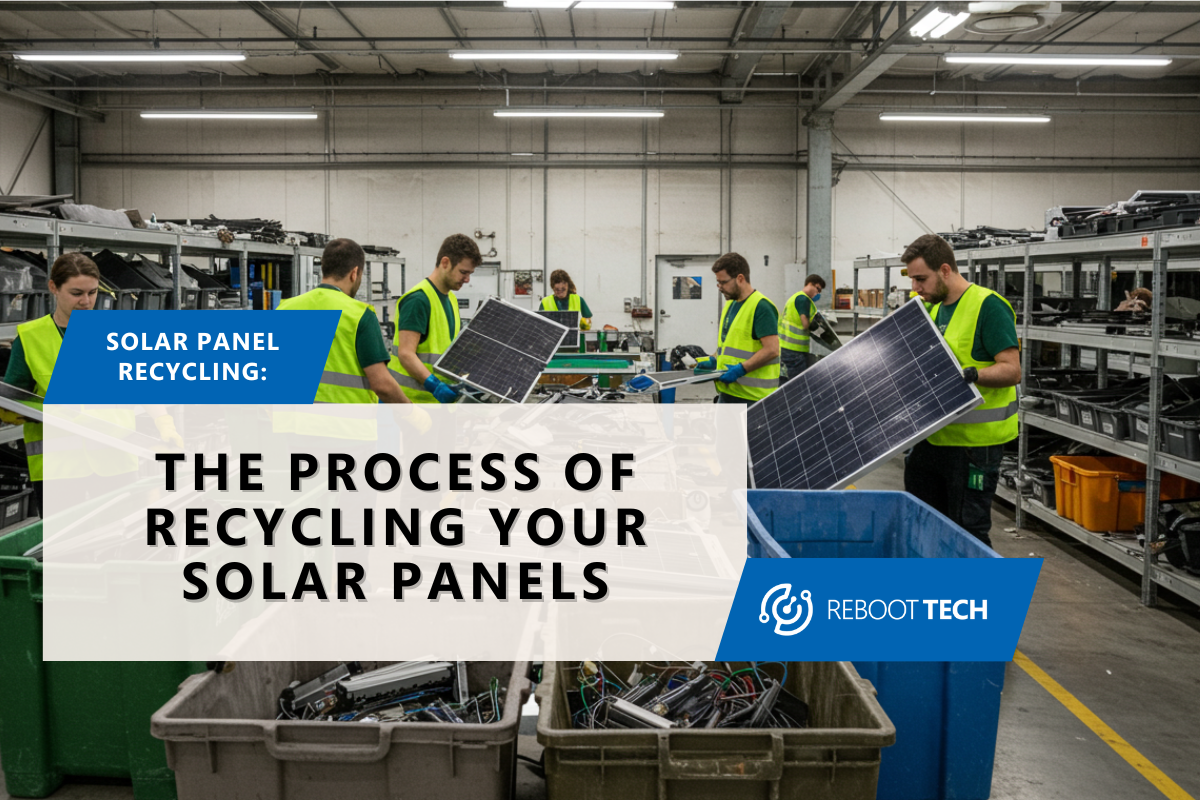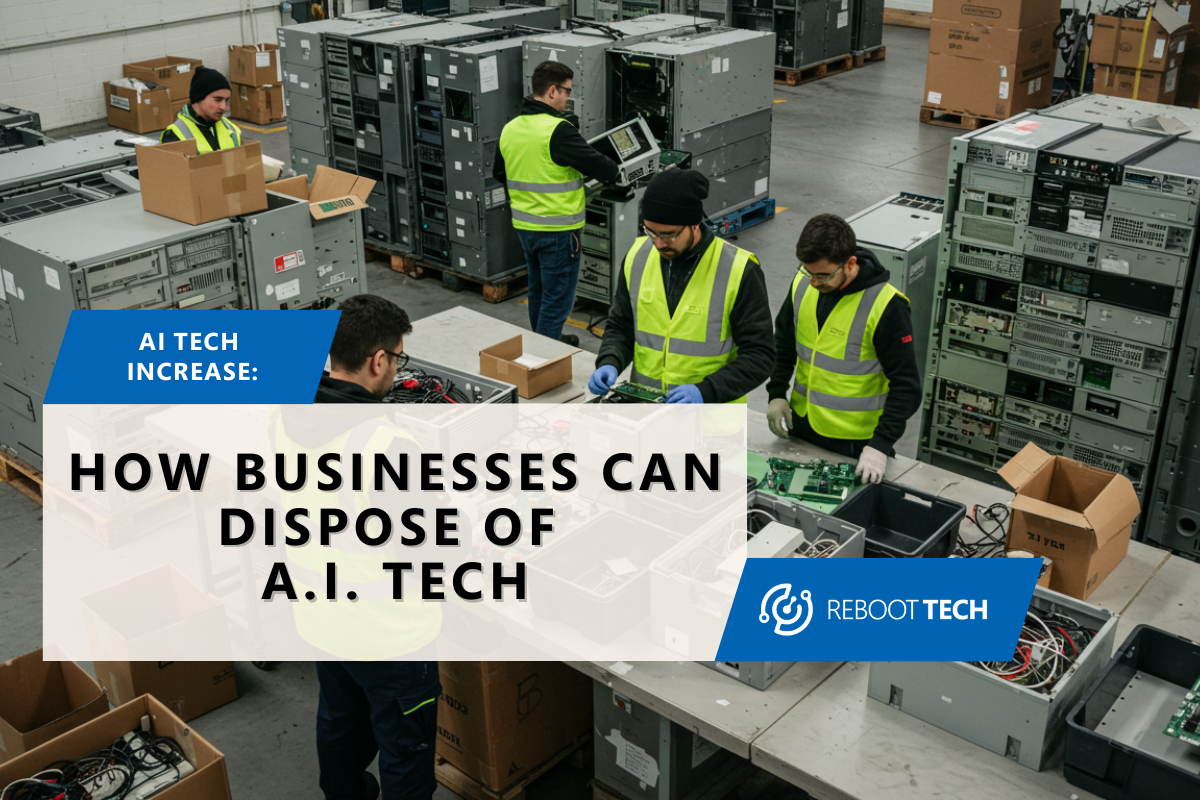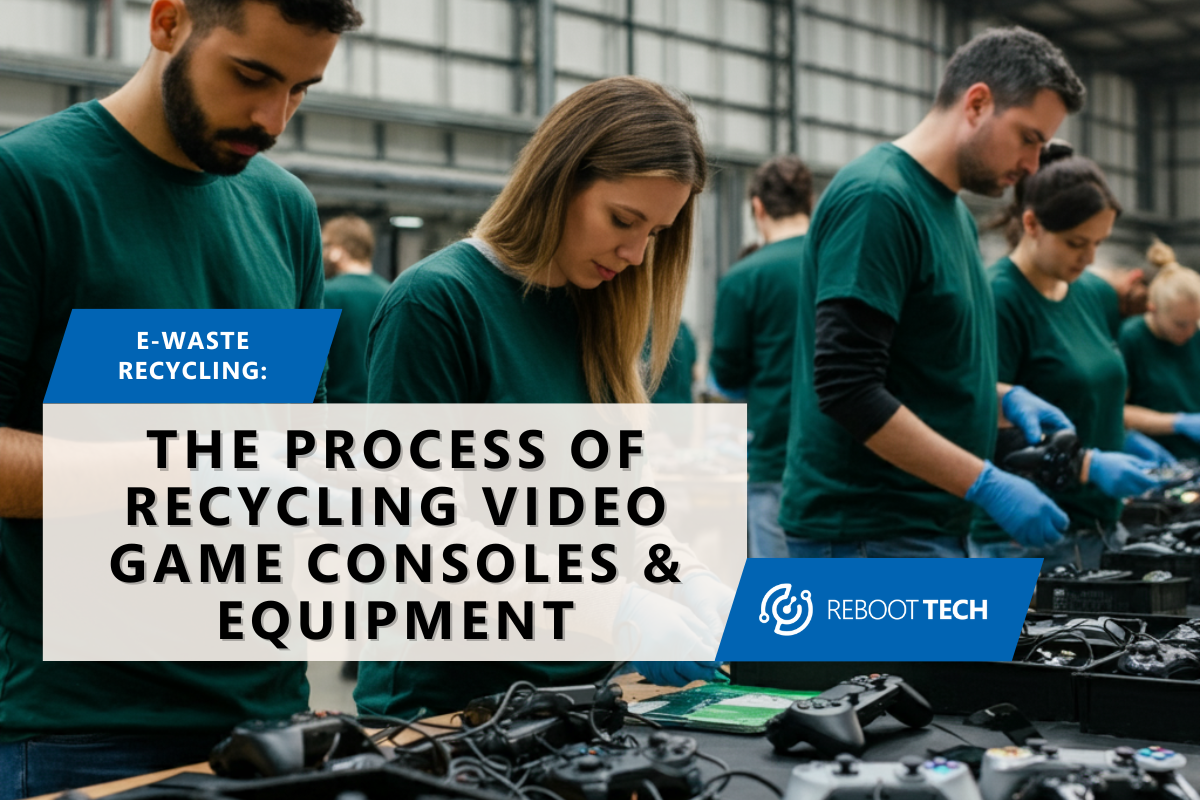
The Importance in Recycling Video Game Consoles & Equipment
Video games have become a huge part of modern entertainment, with gaming consoles serving as the foundation for millions of players around the world. As fun as it is to upgrade to the newest and most powerful consoles, there’s a growing issue that comes with the technology we rely on: electronic waste. Video game consoles, like many other electronic devices, can create a significant environmental problem when not properly disposed of or recycled.
In this article, we’ll dive into the process of recycling video game consoles and their equipment, why it’s essential for the environment, and what you can do to game more sustainably. You’ll learn about the history of gaming consoles, the materials inside them that pose risks to the planet, and how responsible recycling can help reduce harmful e-waste. By the end, you’ll have a better understanding of how to handle your old gaming devices when it’s time for an upgrade.
History of Gaming Consoles and the Problems Today
The gaming console industry has grown significantly since its early days. In 1972, Magnavox released the world’s first home video game console, the Magnavox Odyssey. It was a groundbreaking development in entertainment, offering a brand-new experience for home users. The Odyssey came with detachable controllers, light gun accessories, and interchangeable game media, setting the foundation for future consoles.
Over the decades, consoles have become much more advanced, with better graphics, improved gameplay, and endless online possibilities. However, with these advancements come challenges, particularly in the form of e-waste. The constant release of new console generations, paired with the rapid development of gaming technology, has led to an increase in discarded consoles and equipment. The demand for better features and performance has created a cycle of obsolescence where old consoles are tossed aside, adding to the growing e-waste problem.
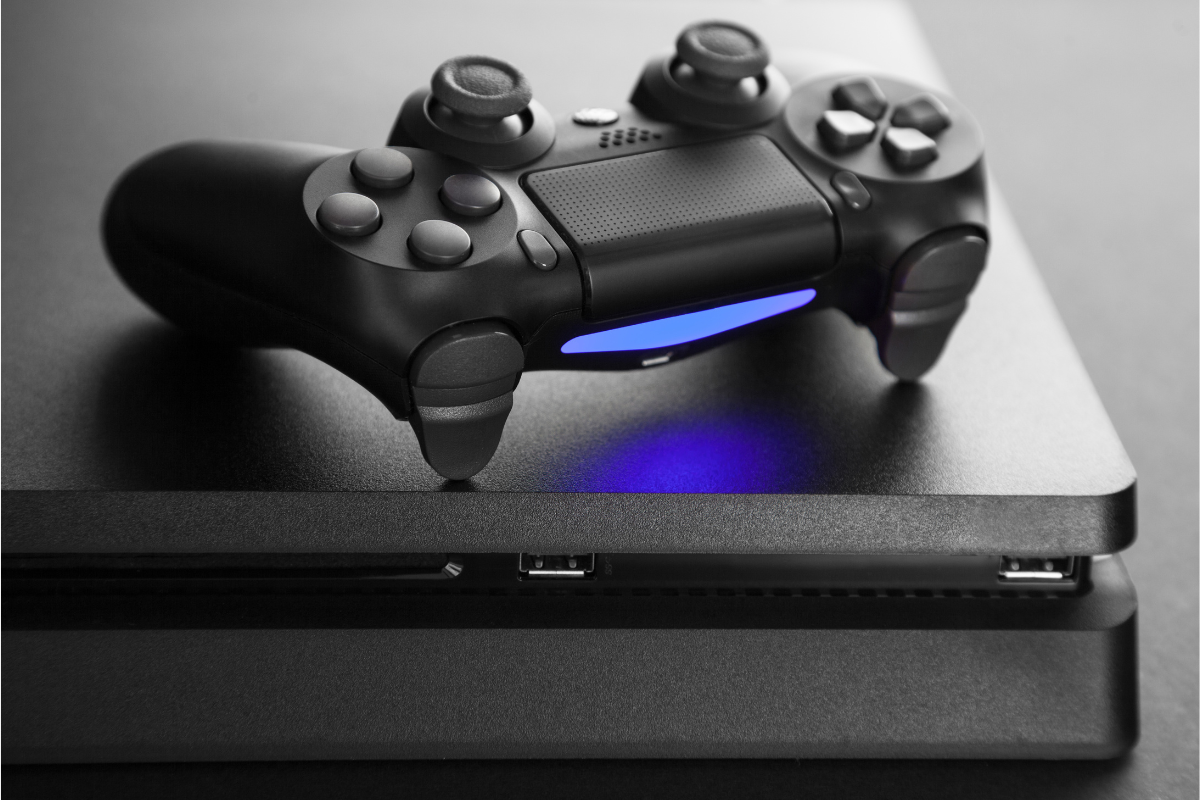
Today’s consoles, such as the PlayStation 5 and Xbox Series X, use around 200 watts of electricity, putting them at the upper end of household energy usage. In the U.S. alone, gaming consoles consume roughly 34 terawatt-hours of electricity per year, which is linked to about 24 million metric tons of carbon emissions. The newer devices may have energy-efficient features, but the high demand for new hardware continues to strain our environment.
With the gaming industry’s growing environmental impact, both manufacturers and consumers need to find ways to reduce e-waste. Fortunately, video game console recycling is one effective solution.
The Hazardous Materials in Consoles
Like other consumer electronics, gaming consoles are made from a mix of metals, plastics, and hazardous materials. While consoles may look harmless on the outside, they contain components that can seriously harm the environment if they end up in landfills.
Some of the hazardous materials found in video game consoles include:
- Lead: Found in soldering materials, lead is a toxic substance that can cause health issues if it seeps into the soil and water.
- Mercury: Commonly used in display screens and batteries, mercury is highly toxic and can have long-lasting effects on ecosystems.
- Cadmium: This heavy metal is used in rechargeable batteries and circuit boards, and it poses serious risks to human health and the environment.
- Brominated Flame Retardants (BFRs): These are used to reduce fire risks in electronic devices but can be harmful to wildlife and ecosystems when improperly disposed of.
When old consoles are dumped in landfills, these materials can leak into the environment, contaminating soil, water, and air. This makes the proper recycling of gaming consoles not only important but necessary for protecting the planet.
How to Game Sustainably
As the gaming industry continues to evolve, it’s more important than ever to adopt sustainable gaming habits. One way to do this is by responsibly recycling or donating your old gaming consoles and equipment when you upgrade. By doing so, you can help extend the life of your electronics and prevent them from ending up in landfills.
Here are a few tips for gaming more sustainably:
1. Donate or Resell Old Consoles: If your old console is still working, consider donating it to someone who could use it. Schools, youth centers, and nonprofits may be happy to receive used gaming systems. Alternatively, you can sell your console online, giving it a second life and keeping it out of the trash.
2. Recycle with Certified E-Waste Recyclers: If your console is no longer functional, recycling is the next best option. Certified e-waste recyclers can break down the device into its components, safely disposing of hazardous materials and recovering valuable resources like metals and plastics for reuse. This reduces the need for new materials and cuts down on the environmental impact of manufacturing new products.

3. Repair Instead of Replace: Before you decide to throw away a gaming console that has stopped working, check if it can be repaired. Many consoles can be fixed with simple part replacements, which not only saves money but also helps reduce e-waste.
4. Be Mindful of Future Purchases: When buying a new console or gaming equipment, consider purchasing from companies that prioritize sustainability. Some manufacturers are working to reduce their carbon footprint and offer recycling programs for old devices.
By taking these steps, you can reduce your personal e-waste and make gaming a more environmentally friendly activity.
The Process of Recycling Video Game Consoles
When it comes to recycling video game consoles, the process is similar to other electronics recycling. Here’s a breakdown of the typical steps:
- Collection: The first step in recycling video game consoles is gathering the old devices. You can drop off your consoles at certified e-waste recycling centers or participate in recycling programs offered by manufacturers.
- Data Destruction: Before recycling, any data stored on the console should be wiped to protect personal information. This is especially important if the device has been used to store credit card information or personal details for online gaming.
- Disassembly: Once collected, the consoles are disassembled into their individual components. Parts like plastic casings, circuit boards, batteries, and cables are separated for proper recycling.
- Sorting and Processing: The separated components are then sorted into different categories, such as metals, plastics, and hazardous materials. Each category is processed accordingly to either be recycled, reused, or disposed of safely.
- Recycling and Reuse: Metals and plastics from the console can be recycled and repurposed to make new products. Hazardous materials, such as lead and mercury, are handled according to environmental safety guidelines to prevent contamination.
By recycling your video game consoles, you not only help reduce the amount of e-waste generated but also contribute to the recovery of valuable materials, helping to conserve natural resources.
The Importance of Recycling Consoles
Video game consoles have come a long way since their inception, but with technological advancement comes responsibility. The rapid turnover of new gaming systems has led to a growing e-waste problem, and as consumers, we have a part to play in addressing this issue. By donating, repairing, or recycling old consoles, we can reduce the environmental impact of our gaming habits and contribute to a more sustainable future.
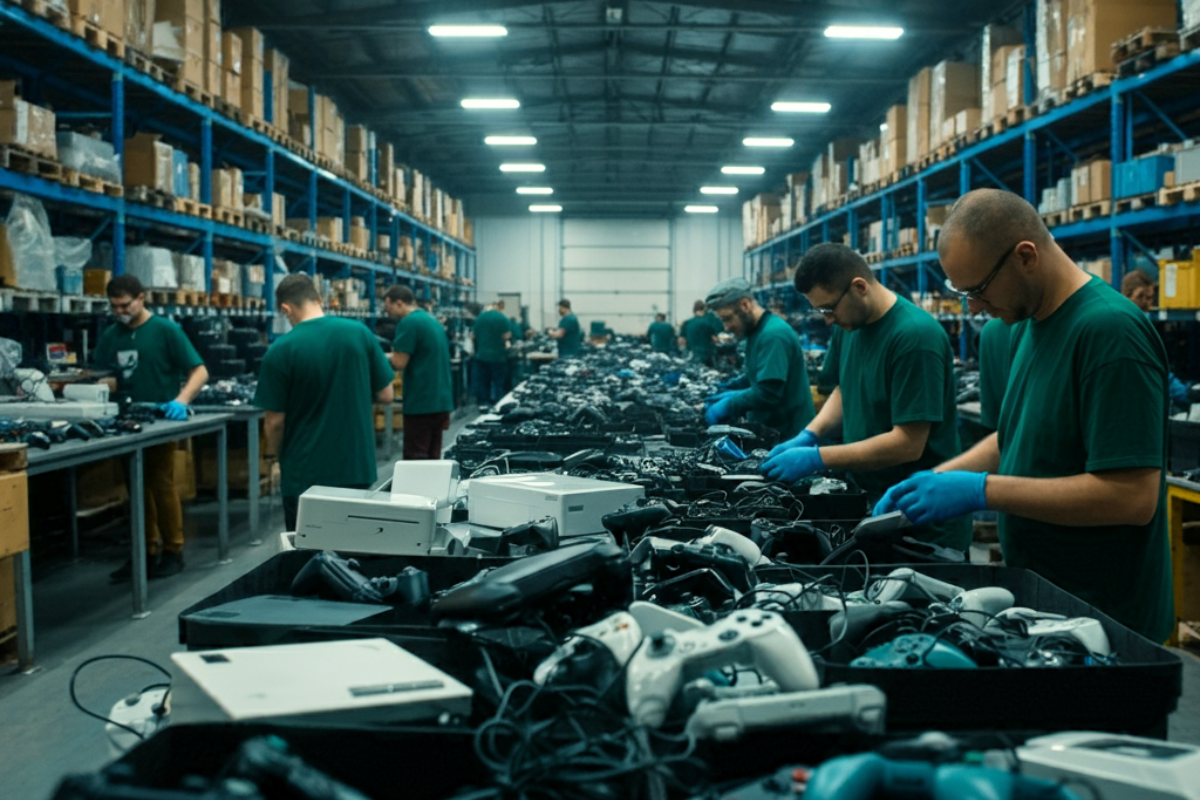
Certified e-waste recyclers like Reboot Tech can help ensure that gaming consoles are recycled responsibly. From safe data destruction to environmentally friendly disposal, working with certified recyclers is the best way to manage your old gaming devices.
Gaming doesn’t have to come at the expense of the planet. By making smarter choices about how we dispose of our gaming equipment, we can continue to enjoy the world of gaming while minimizing our environmental footprint.


